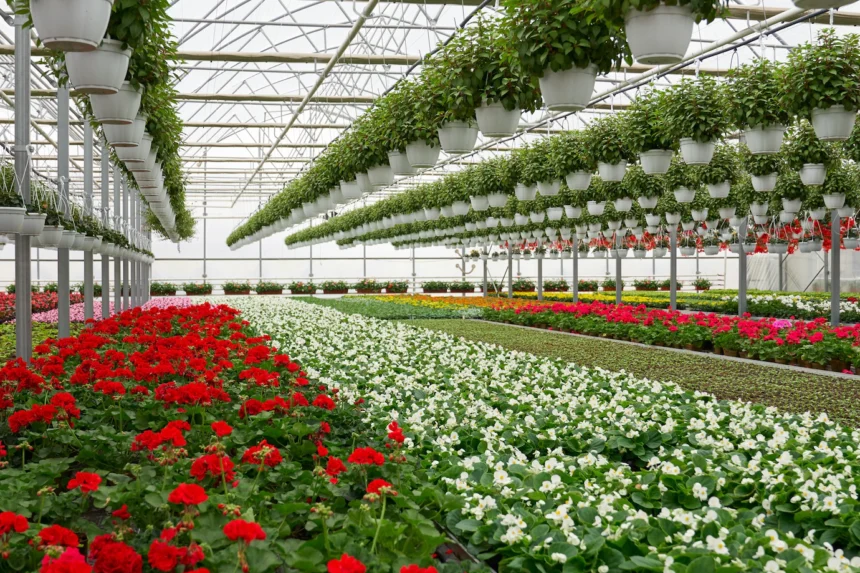- Climate and Geographical Diversity: South Africa’s horticulture sector benefits from the country’s diverse climate and geography. It has a wide range of growing conditions, from Mediterranean-like regions in the Western Cape to subtropical areas in KwaZulu-Natal and Mpumalanga.
- Fruit and Wine Production: South Africa is renowned for its fruit and wine production. The country is a major exporter of citrus fruits, such as oranges, lemons, and grapefruits, as well as table grapes and apples. It also produces high-quality wines in regions like Stellenbosch, Franschhoek, and Paarl.
- Floral Industry: South Africa has a thriving floral industry, with a wide variety of indigenous plant species and a growing market for cut flowers and foliage. The Western Cape is particularly known for its proteas, while the Mpumalanga and Limpopo provinces have rich floral biodiversity.
- Export Opportunities: The horticulture industry in South Africa plays a significant role in the country’s economy, with substantial export opportunities. The favorable climate allows for year-round production, enabling South African growers to supply international markets during off-peak seasons in the Northern Hemisphere.
- Job Creation: Horticulture in South Africa provides employment opportunities for many people, especially in rural areas where alternative job prospects may be limited. The industry contributes to poverty alleviation and socioeconomic development through job creation and skills training.
- Sustainable Practices: South African horticulturists are increasingly adopting sustainable farming practices. This includes the use of integrated pest management (IPM), water conservation techniques, and organic farming methods. Many farmers are also implementing fair trade and ethical practices to ensure social and environmental responsibility.
- Research and Development: Ongoing research and development initiatives support the advancement of South Africa’s horticulture sector. Institutions such as the Agricultural Research Council (ARC) and universities collaborate with growers to develop new cultivars, improve production techniques, and address challenges faced by the industry.
- Government Support: The South African government recognizes the importance of horticulture and provides support to the sector. This includes financial incentives, technical assistance, and policies aimed at promoting agricultural growth and exports. The Department of Agriculture, Land Reform and Rural Development oversees the development and regulation of the horticultural industry.
- Challenges: Like any agricultural sector, horticulture in South Africa faces challenges such as water scarcity, climate change impacts, and disease management. The industry also grapples with pests, market fluctuations, and access to financing for small-scale farmers. Efforts are underway to address these challenges through research, innovation, and collaboration.
- Agri-tourism Opportunities: South Africa’s horticultural regions offer agri-tourism opportunities for visitors. Many farms and vineyards welcome tourists for wine tastings, farm tours, and agricultural experiences. This allows visitors to learn about horticulture while enjoying the scenic beauty of the countryside.
Join 'Farmers Mag' WhatsApp Channel
Get the latest Farming news and tips delivered straight to your WhatsApp
CLICK HERE TO JOIN






